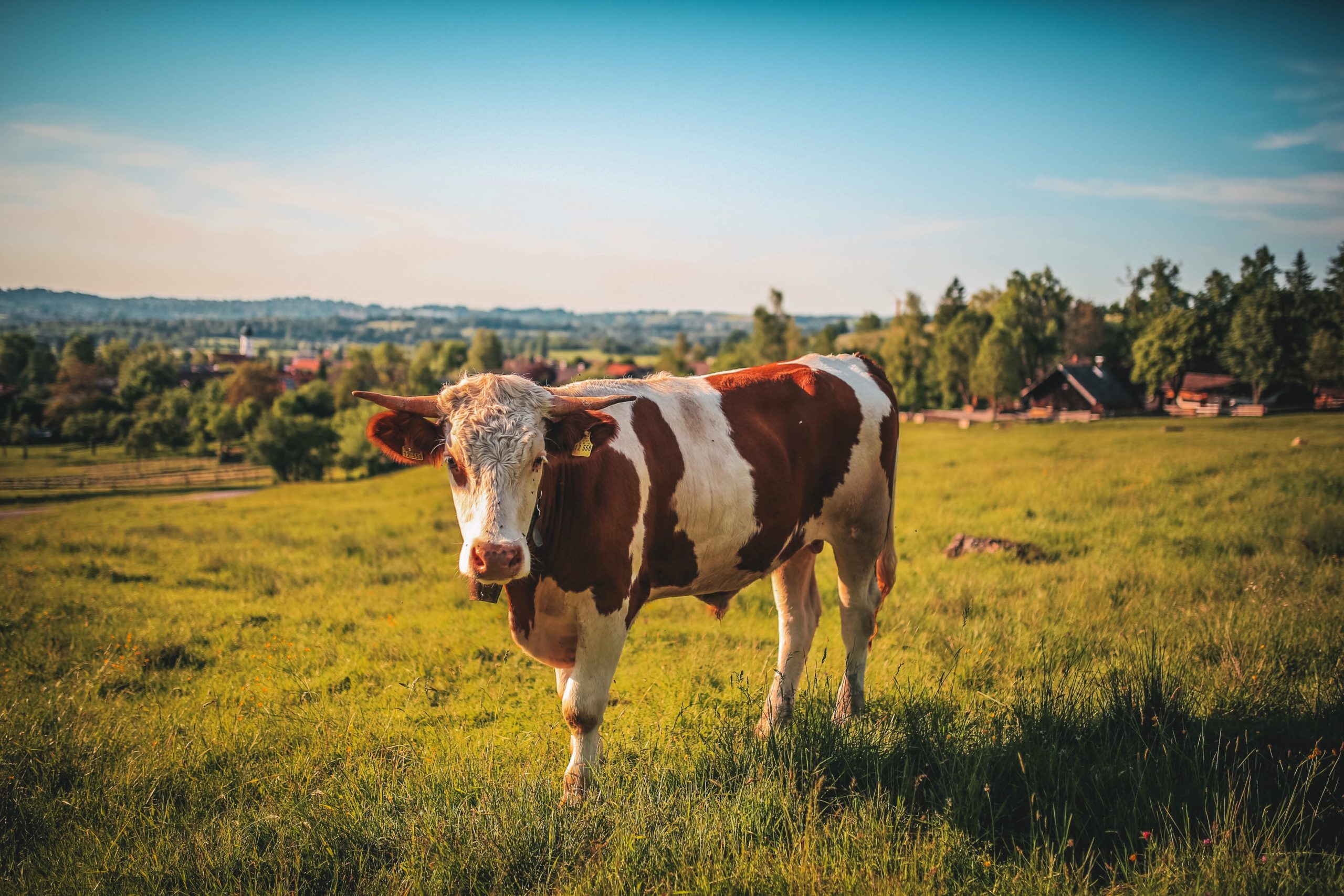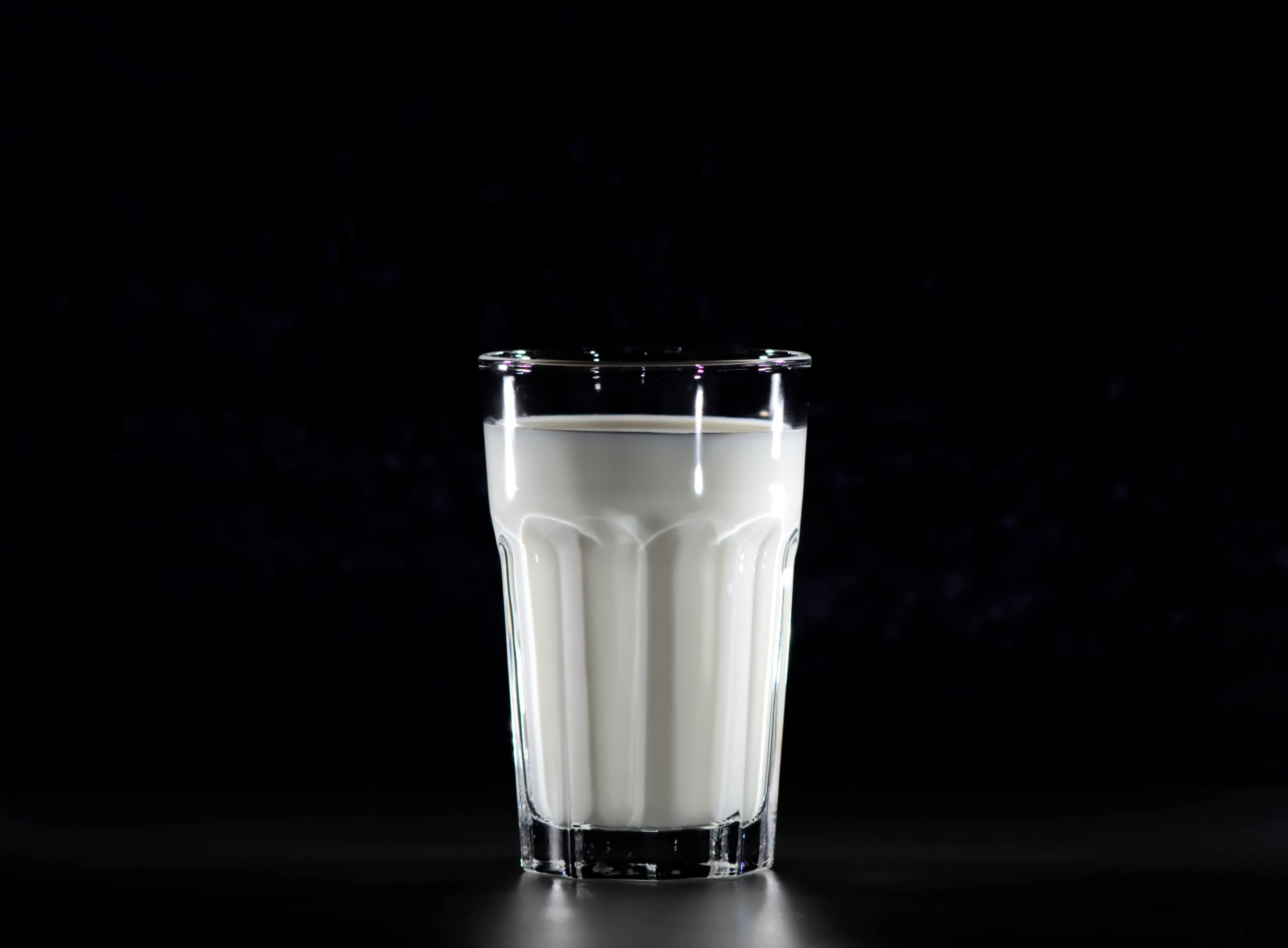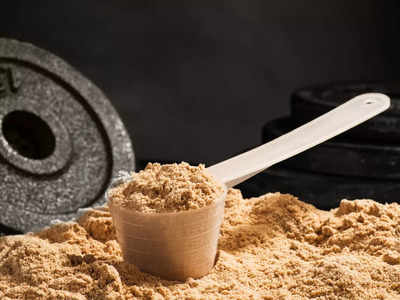Can drinking milk help build muscle?
Milk, particularly cow’s milk, has been consumed for centuries. It is a rich source of nutrients and is often promoted as a healthy drink for building muscle. Milk contains a variety of nutrients which aid muscle growth and repair including protein, calcium, and vitamins D and B12. However, there has been some debate about whether milk is effective for actually building muscle. Let’s take at the facts and weigh up the case for milk as a muscle-building drink.
Protein content of milk
As we well know, protein is an essential nutrient for building muscle. Cow’s milk contains a high amount of protein, with 8 grams of protein per cup. This protein is high-quality, containing all the essential amino acids needed for muscle growth and repair. Additionally, milk protein, specifically whey protein, is easily digestible and absorbed by the body, making it a good choice for muscle building. That’s why it’s the most popular powdered protein consumed in order to build and maintain muscle.
Calcium and Vitamin D
Calcium and Vitamin D are essential for maintaining strong bones, which are in turn necessary for muscle function. Milk is an excellent source of both of these nutrients, with approximately 30% of the daily recommended intake of calcium and 25% of Vitamin D in just one cup. Adequate intake of these nutrients helps stave off muscle weakness and injury, neither of which help muscle growth!
Vitamin B12
Vitamin B12 is an important nutrient for muscle function. It helps maintain nerve function and the production of red blood cells, which facilitate transportation of oxygen to the muscles. Milk is a great source of Vitamin B12, with about 20% of the daily recommended intake contained in one cup. Vitamin B12 is especially important in preventing muscle wasting and fatigue.
Does milk contain added growth hormones?
There is a concern that milk may contain added growth hormones that could potentially promote muscle growth. However, it is important to note that growth hormones such as rBST (recombinant bovine somatotropin) and rBGH (recombinant bovine growth hormone) are not allowed to be used in dairy production in many countries, including the United States, Canada, and the European Union. Additionally, in the US, milk that is labeled as rBST-free or rBGH-free has to meet specific standards set by the FDA. Even though this is the case, some studies have shown that cows that are treated with these hormones may have a higher level of insulin-like growth factor-1 (IGF-1), a hormone that may promote muscle growth. However, the levels of IGF-1 in milk are considered to be low and not enough to have an impact on human muscle growth.
Lactose intolerance
We know that for some, drinking milk may not be an option. Lactose intolerance is a common condition where the body is unable to properly digest lactose, a sugar found in milk. This can lead to symptoms such as gas, bloating, and diarrhea. For individuals with lactose intolerance, consuming milk products can be difficult and may not be a good option for muscle building. Luckily there are alternatives, which also contain lots of nutritious goodness.
Alternatives to animal milk
For those who are lactose intolerant or choose not to consume dairy, there are other options to get some of the nutrients found in milk. Plant-based milk such as soy or almond milk, can provide a good source of protein, and fortified with calcium, vitamin D and Vitamin B12. While these milks do not contain all the same nutrients, vitamins and proteins as dairy milk, they offer a tasty alternative. As to whether these milks help build muscle – the jury’s still out.

The final verdict on milk
Cow’s milk, as well as goat or sheep milk, is a nutritious drink that can definitely help build muscle. Animal milk is an excellent source of protein, as well as calcium, vitamin D and vitamin B12, all of which are essential for muscle growth and repair. Needless to say, as with everything, it’s all contingent on you putting in the work. Get those sets in, get those reps in, and above all be consistent. Keep protein levels adequate – and milk is an excellent way to assist in that – and you’re sure to see results!






